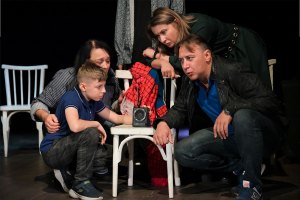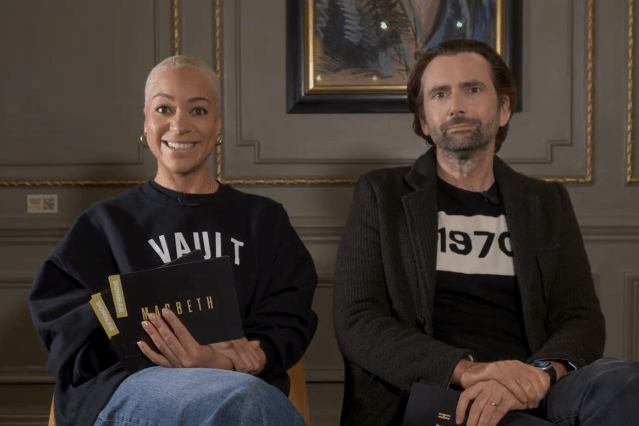Dromgoole Launches International Globe to Globe Season
Shakespeare’s Globe has announced the full line-up for next year’s Globe to Globe season which, as previously announced, will see 37 international companies present all 37 of Shakespeare’s plays in 37 different languages.
These include the acclaimed Isango Ensemble from South Africa (The Mysteries, The Magic Flute) who will present an adaptation of Venus and Adonis; New Zealand company Ngākau Toa, who will perform Troilus and Cressida in Maori; and a specially formed theatre company from the world’s newest country, South Sudan, who will present their take on Cymbeline.
Globe to Globe runs as part of both the ongoing Cultural Olympiad and the Royal Shakespeare Company’s recently launched Word Shakespeare Festival. Each production will be performed twice, with surtitles providing a synopsis of the action. Russian, Hindi, Georgian, Greek, Arabic, Urdu, Mandarin, Korean and Armenian are just some of the myriad languages that will be heard.
The Festival, which is being overseen by Tom Bird, is believed to be the first of its kind. Although the RSC presented a complete works cycle from 2005-06, most of the plays were performed in English.
Other highlights of the Globe to Globe programme include:
Olympic ticket offers
Tickets for the Globe to Globe season are priced from £5 and are available in a variety of Olympic-themed packages, including the biathlon (two shows), decathlon (ten shows), marathon (26 shows) and Olympian (38 shows). There will also be the option of a Yard Olympian pass, which grants standing entry to all the productions for £100.
In his introduction to the Festival brochure, Dominic Dromgoole says: “Many of the world’s greatest directors, over six hundred actors from all nations, and audiences from every corner of our polyglot community, will assemble to celebrate the stories, the characters and the relationships, which are etched into all of us.
“Shakespeare is the language which brings us together better than any other, and which reminds of our almost infinite difference, and of our strange and humbling commonality.”












